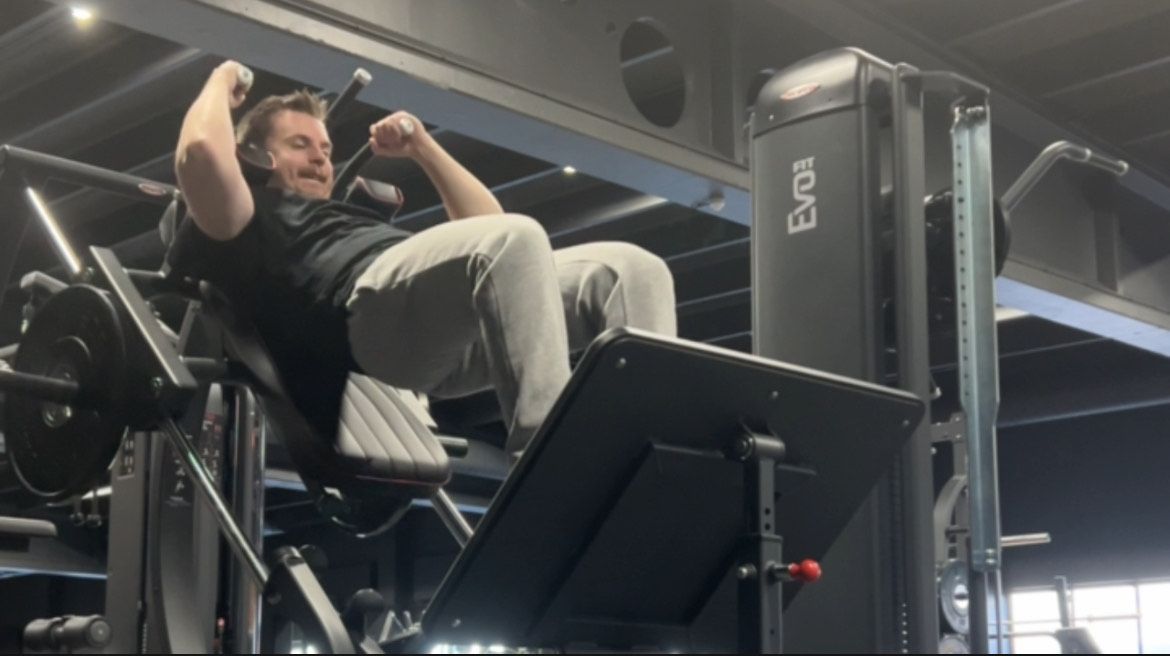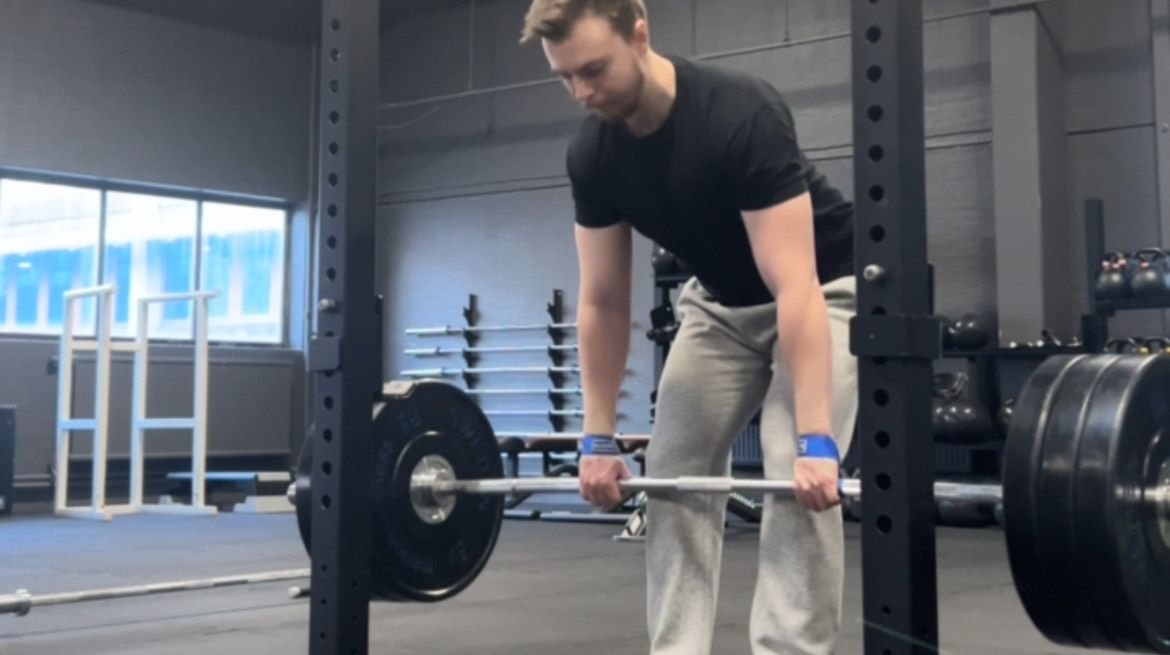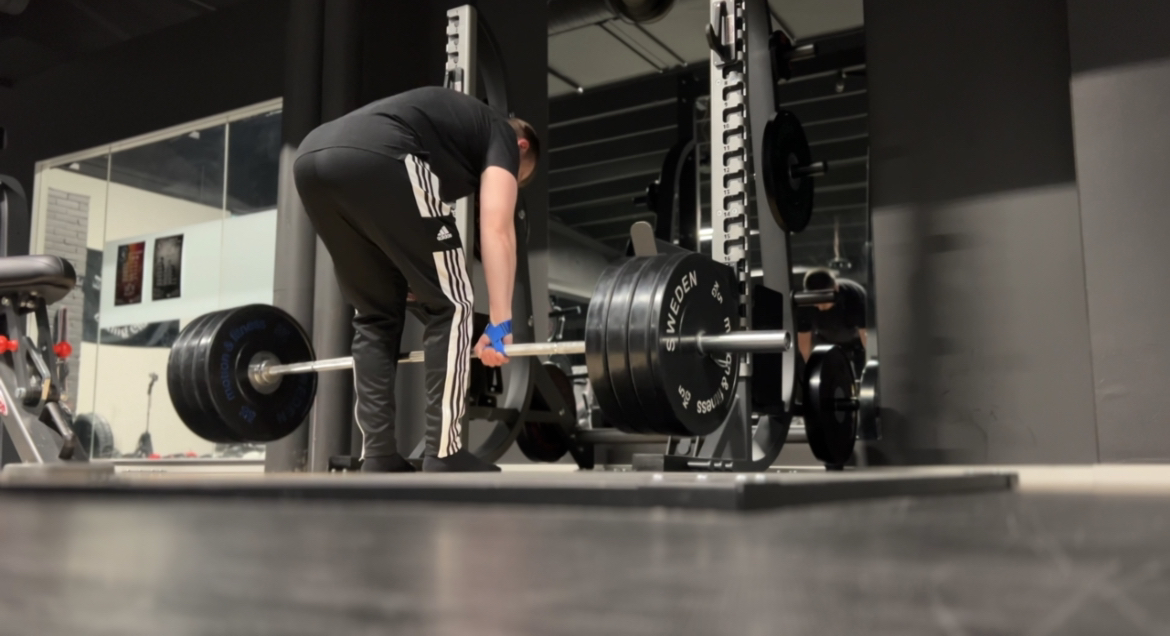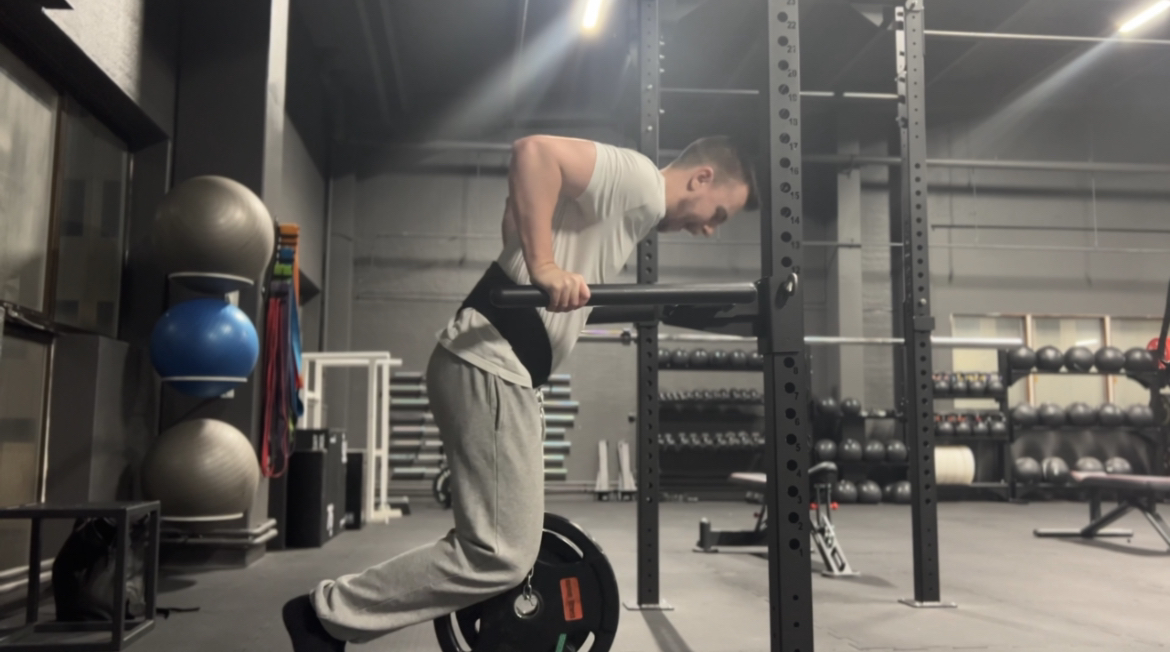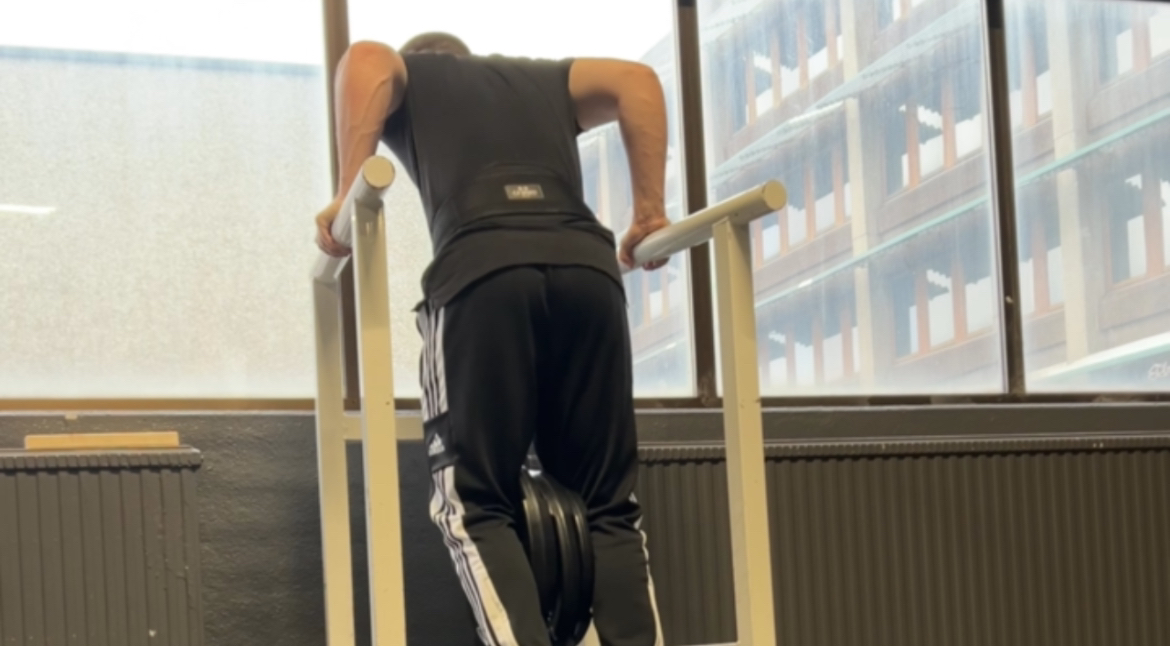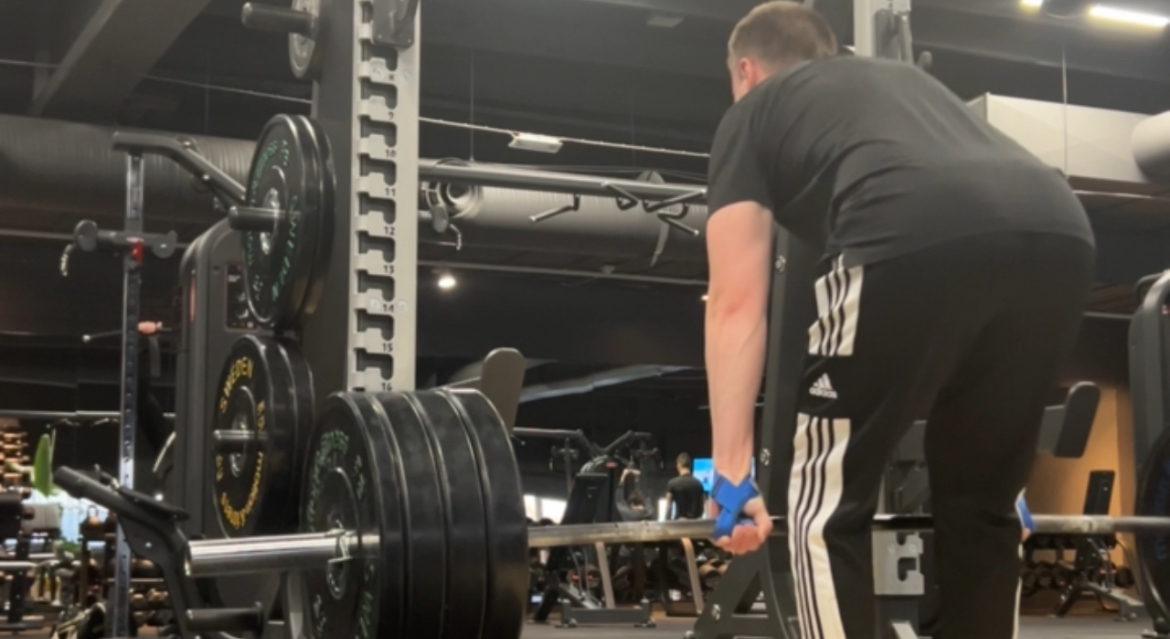Why you need to have compound exercises in your program
The stables of your workout program
In the world of fitness, not all exercises are created equal. Compound exercises stand out for their efficiency and effectiveness in building strength, muscle mass, and improving overall fitness. These movements engage multiple muscle groups simultaneously, offering numerous benefits that isolation exercises alone can't match. This article explores the power of compound exercises and why they should be a staple in your workout routine.
What Are Compound Exercises?
Compound exercises are multi-joint movements that work several muscle groups at once. Unlike isolation exercises, which target a single muscle group, compound exercises involve multiple joints and muscles, making them highly efficient and functional.
The Benefits of Compound Exercises
1. Increased Muscle Mass and Strength
Since compound exercises engage multiple muscle groups, they allow you to lift heavier weights. This results in greater overall muscle activation and leads to significant increases in muscle mass and strength.
2. Enhanced Functional Fitness
Compound movements mimic real-life activities and improve your ability to perform everyday tasks. By training multiple muscles together, you enhance coordination, balance, and overall functional fitness.
3. Time Efficiency
Incorporating compound exercises into your routine allows you to work more muscles in less time. This efficiency makes them ideal for those with busy schedules or looking to maximize their workout in a limited time.
4. Improved Hormonal Response
Lifting heavy weights with compound exercises stimulates the release of anabolic hormones like testosterone and growth hormone. These hormones play a crucial role in muscle growth and recovery.
5. Greater Calorie Burn
Due to the high energy demand of engaging multiple muscle groups, compound exercises burn more calories compared to isolation exercises. This can aid in weight loss and improving body composition.
Essential Compound Exercises to Include in Your Routine
1. Squats
Squats are a fundamental compound exercise that primarily targets the quadriceps, hamstrings, glutes, and lower back.
- Variations: Back squats, front squats, goblet squats.
- Benefits: Build lower body strength, improve core stability, and enhance overall athleticism.
2. Deadlifts
Deadlifts are a powerful full-body exercise that targets the hamstrings, glutes, lower back, traps, and forearms.
- Variations: Conventional deadlifts, sumo deadlifts, Romanian deadlifts.
- Benefits: Increase overall strength, enhance posterior chain development, and improve grip strength.
3. Bench Press
The bench press primarily targets the chest, shoulders, and triceps.
- Variations: Flat bench press, incline bench press, decline bench press.
- Benefits: Build upper body strength, increase chest and tricep size, and improve pressing power.
4. Pull-Ups and Chin-Ups
Pull-ups and chin-ups are excellent for developing the back, biceps, and shoulders.
- Variations: Wide-grip pull-ups, close-grip chin-ups, neutral grip pull-ups.
- Benefits: Enhance upper body strength, improve back width and thickness, and boost grip strength.
5. Overhead Press
The overhead press targets the shoulders, triceps, and upper chest.
- Variations: Standing barbell press, seated dumbbell press, push press.
- Benefits: Increase shoulder strength, enhance upper body stability, and improve pressing endurance.
6. Rows
Rowing exercises work the back, biceps, and forearms.
- Variations: Bent-over barbell rows, dumbbell rows, seated cable rows.
- Benefits: Develop back thickness, improve posture, and enhance pulling strength.
How to Incorporate Compound Exercises into Your Routine
1. Prioritize Compound Movements
Start your workout with compound exercises when your energy levels are highest. This ensures you can lift heavier weights and perform these demanding movements with proper form.
2. Use Progressive Overload
Gradually increase the weight, sets, or reps over time to continue challenging your muscles and promoting growth. Progressive overload is key to making consistent progress.
3. Combine with Isolation Exercises
While compound exercises should be the foundation of your routine, complement them with isolation exercises to target specific muscles that may need extra attention.
4. Ensure Proper Form
Maintaining proper form is crucial to prevent injuries and maximize the benefits of compound exercises. Consider working with a trainer or using video analysis to ensure you’re performing the movements correctly.
5. Incorporate Different Variations
To keep your workouts interesting and target muscles from different angles, incorporate variations of each compound exercise. This also helps prevent plateaus and ensures balanced muscle development.
Conclusion
Compound exercises are a cornerstone of effective strength training and overall fitness. Their ability to engage multiple muscle groups, enhance functional fitness, and deliver significant strength and muscle gains makes them indispensable in any workout routine. By prioritizing compound movements, using progressive overload, and maintaining proper form, you can maximize your results and achieve your fitness goals more efficiently.
Incorporate these essential compound exercises into your routine and experience the transformative power they bring to your workouts. Whether you’re aiming to build muscle, increase strength, or improve overall fitness, compound exercises will help you get there.



